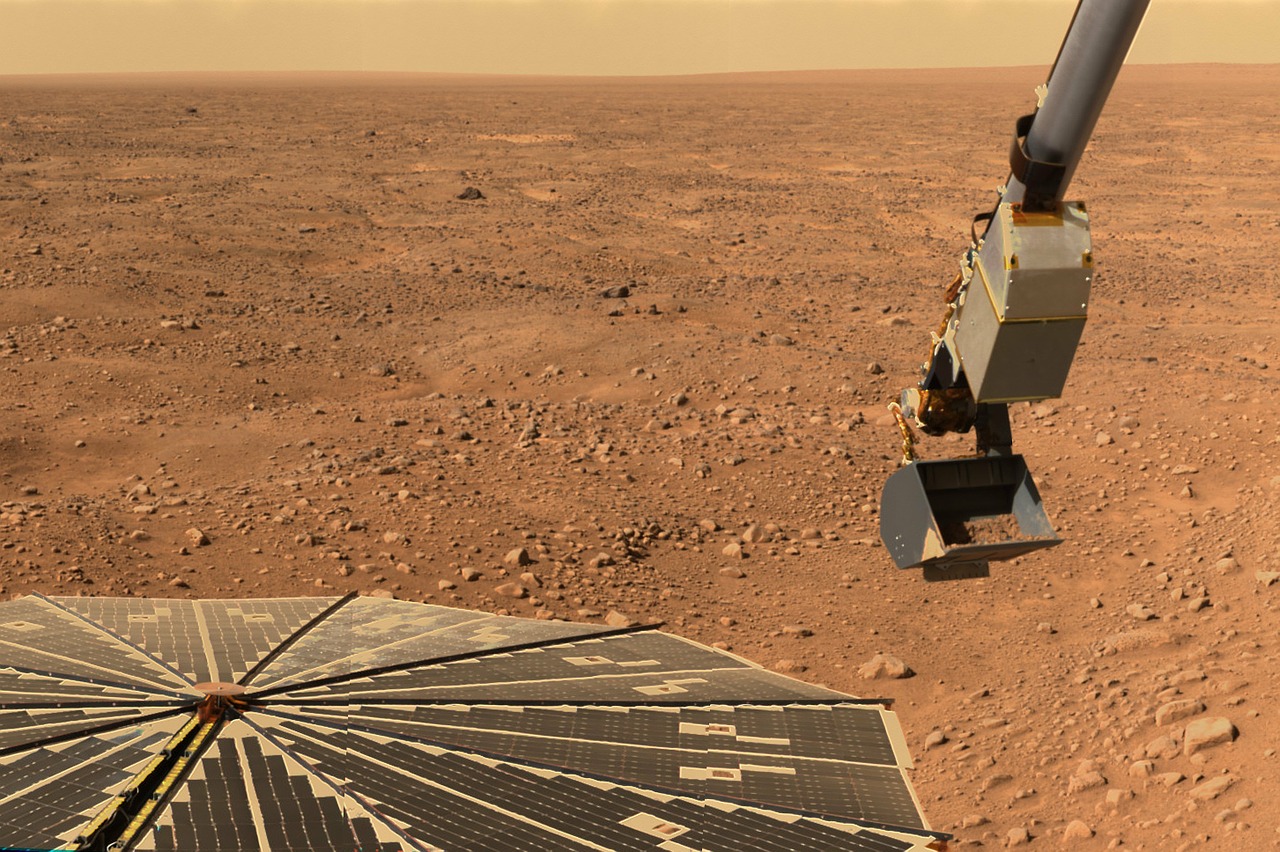
As noted by its creators in an article published in the academic journal Chem, creating the material -- which is based on negatively-charged atoms called anions -- was especially challenging, as they had to effectively predict and reproduce its structure based on its environment.
''Anions are widespread in our world, with many of them carrying out specific roles in nature -- for both living and inanimate matter. But, because these processes are often mediated by specificity when any changes occur in these interactions the results can be of harm to life and the environment,'' Thorfinnur Gunnlaugsson, a professor of chemistry at Trinity and the senior author of the research, said, adding that their team was interested in imitating the way proteins and enzymes interact with anions in nature.
According to Gunnlaugsson, this endeavor -- creating a material that does exactly what you think it will and what you need it to in different environments -- posed a major challenge, mainly because environments are ''rarely always stable.''
''It is something of a dark art, but after a huge amount of work we have successfully created something that forms a controlled, hierarchical 2D network, and we are able to predict exactly how it will look in different environments," Gunnlaugsson said.
https://twitter.com/ThorriGunnlaugs/status/1184084334636097536
As described in the journal, the team created the material by first ''re-shaping'' a ligand or a substance that forms a complex with a molecule to serve a biological purpose, by tinkering with its molecular structure. (Related: Researchers develop unique, super-stretchy polymers that can self-heal.)
This, the team said, resulted in structural changes in which instead of capturing sulfate ions and holding them in cage-like structures, the resulting material -- which they dubbed "self-assembled 2D supramolecular materials" -- uses them as a type of ''glue.''
As detailed in their paper, the Trinity team is now excited to explore the properties of this new material in order to consider its potential applications in the wider world.
So far, the team said, it is possible for self-assembled 2D supramolecular materials to make an impact in health, as these can be used in medical tasks such as targeted drug delivery.
In addition, these self-assembled 2D supramolecular materials can also have applications in the world of electronics, with some already speculating that the novel material holds the key to longer-lasting batteries and improved performance of high-value goods.
The project, according to the team, was supported by the Science Foundation Ireland (SFI) and was done in collaboration with researchers from the MacDiarmid Institute for Advanced Materials and Nanotechnology at the University of Canterbury.
"The potential of this work cannot be undervalued. It represents the work of many years and people in Professor Gunnlaugsson's laboratory to evolve chemical methods to synthesize complex materials by design -- thus allowing them to be applied in many fields,” Mick Morris, the director of the SFI’s Advanced Materials and BioEngineering Research (AMBER) center who helped fund the study, said in a statement.
Read more stories on scientific advancements by visiting Inventions.news.
Sources include:
Please contact us for more information.























